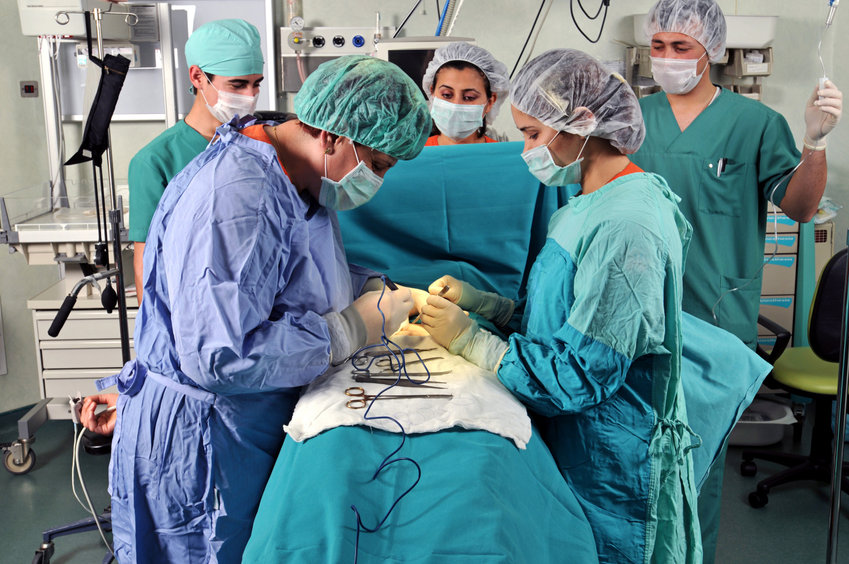Just like humans, dogs have health complications too. Similarly, if anxiety can strike humans due to several factors, it can hit your pets too. Are you witnessing your dog suffering from some unusual behavior on a frequent basis? Well, since they are your four-legged best friend, you should take immediate attention. It is possible that they are suffering from anxiety. There are a few signs to tell you if your dog is suffering from anxiety or not.
Signs To Know Your Dog Has Anxiety
Since your dog cannot speak your language, they convey a message via their body language. Similarly, when they suffer from any health complications, they tell you by a few actions. You should seek immediate help when you notice your dog –
Barking Non-Stop
Barking at things and people they see is normal. However, if your dog barks for no reason that cannot be calmed, it is time you take notice. They may have anxiety and are suffering from its related symptoms.
Peeing Around The House
Usually, if you train your dog, they will act upon everything they have learned. However, they tend to urinate around the house without notice only when they suffer from a few conditions. When a dog is anxious, they tend to leave trails of pee as they walk around. When you see something like this happening, your dog may be a victim of anxiety.
Chewing Everything In Sight
Dogs tend to chew everything around the house only when they are anxious or nervous about a matter. Chewing on objects, doors, window sills, or digging at the door can be signs that they have anxiety.
Shaking or Trembling
Some signs are easy to spot and identify, like when they excessively shake or tremble out of fear; it is a sign that you shouldn’t ignore. It means that they are suffering from anxiety, which is why they are shaking or trembling.
Hiding
Usually, dogs love to be cuddled and kept close to you. If you see them hiding anywhere too frequently, it may mean that they fear a situation or thing. When they are anxious, they tend to avoid people, situations, and whatever scares them. It may mean they have anxiety.
These are a few common telltale signs that show your dog as a victim of anxiety and other stressful emotions. If you wish to give them the care and treatment they deserve, you must immediately notice instead of ignoring the symptoms.
How To Treat Anxiety In Dogs
Even when you see your dog struggle with anxiety, you can do a lot to help them come out of the distressing situation.
- CBD Oil: High-quality CBD can be an effective remedy to treat anxiety in dogs. It has several properties to calm anxiety-like symptoms and treat the condition effectively.
- Counter Conditioning: Counter conditioning is a way to train your dog and their mind into seeing the good in stress. When a situation triggers your dog, give them something nice that diverts their mind, so they enjoy the moment instead of fearing it.
- Massage or Touch: a little affection from you or a bit of attention can calm anxiety-like symptoms in dogs. Forehead massage or ear massage can effectively alleviate their anxiety-like symptoms.
Conclusion
Your dog is a part of you as much as any other member of your family. Therefore, you must look after them, giving them the care and love they deserve. In addition, dogs cannot speak your language; therefore, make an effort to understand their signs yourself.


